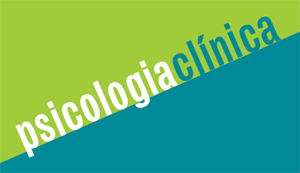This article is structured in three parts. At first, we contextualize the concepts of Vittorio Guidano in relation to psychotherapeutic currents of the twentieth century, particularly regarding behaviorism, cognitivism constructivism and others. We note that the various trends of psychotherapy labeled themselves according to concepts coming from other areas of study, without regard to their epistemological origins. Secondly we reflect on the epistemological foundation of Guidano's theory and psychotherapeutic methodology, focusing on the role that cyber cognitivism had in his thinking (namely, the question of observation, and self-observation), as well as the biological theory of autopoiesis, in which our author explicitly inspired himself. Finally, we center our attention on his model of knowledge and human experience that translates into a new theory of personality (regarding personal organization, as well as the notion of the self) and into a new system, that emphasizes the psychotherapeutic role of bonding in shaping personal identity.
psychotherapy; Guidano; epistemology; cognitivism; autopoiesis
